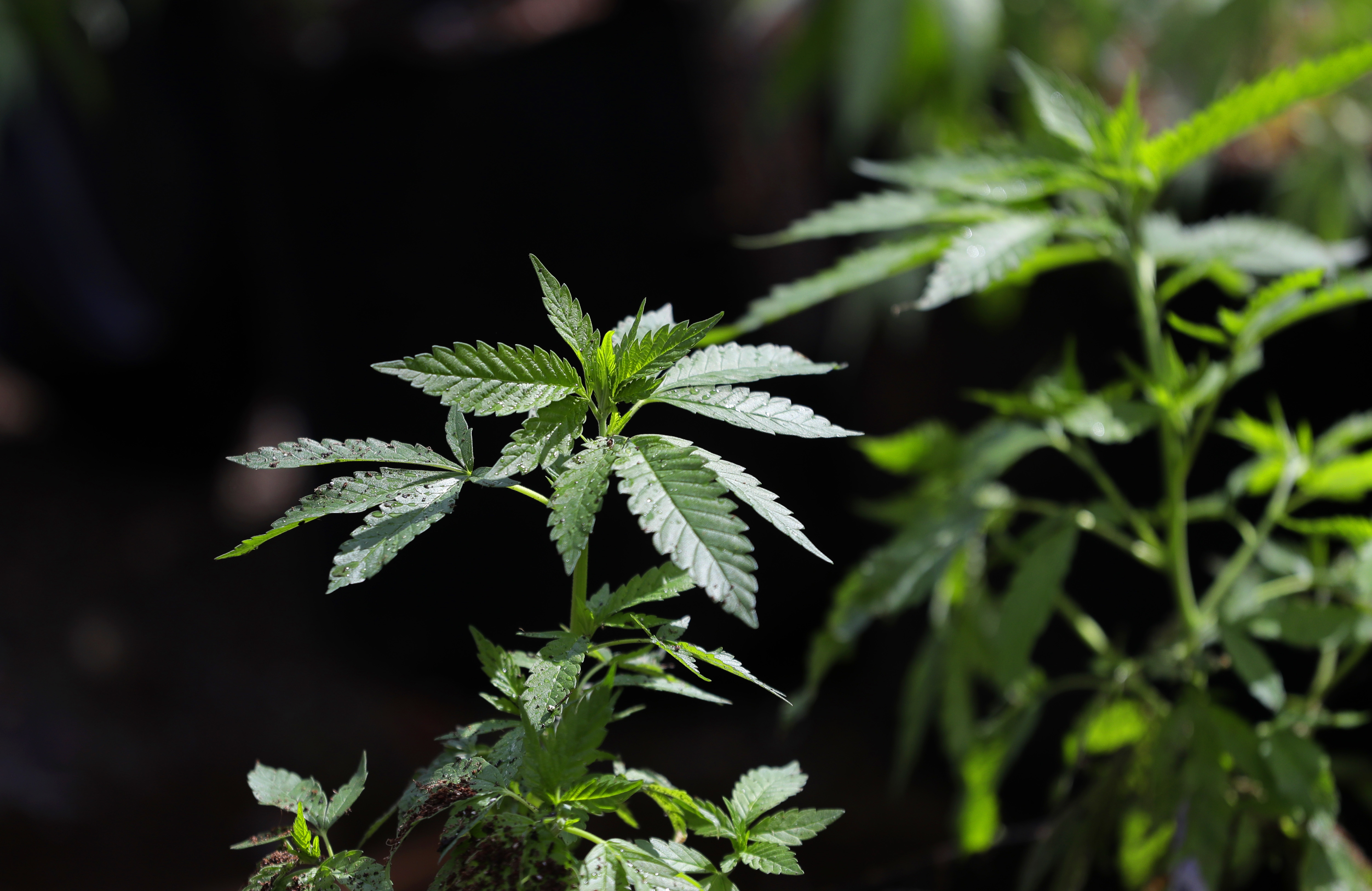As COVID-19 spreads across much of the US, there’s a sign of hope: a third promising vaccine. AstraZeneca and the University of Oxford’s candidate appears to work in an average of 70 percent of people who get it, with no major side effects.
"These results show that we have a vaccine that is highly effective, better than the flu vaccine is in most years in being able to prevent coronavirus infection," said Andrew Pollard, chief investigator for the Oxford University/AstraZeneca vaccine trial.
The vaccine may work in up to 90 percent of people, with tweaks in the dosage. Even more promising: unlike vaccines from Moderna and Pfizer, AstraZeneca’s does not require super cold storage temperatures, making it easier to get to poorer parts of the world.
Sarah Gilbert, Oxford University/AstraZeneca's vaccine architect said, "No one is safe until we're all safe. So we need to think about the best use of the vaccine and we need a lot of vaccine."
But all three are proving to be effective, raising hopes regulators may approve more than one.
Dr. Jesse Goodman of Georgetown University, former chief of the FDA's vaccine division said, "We never know that any particular vaccine is going to succeed and how effective and safe it's going to be. So the more chances the better, the more shots on goal the better."
The CDC’s Advisory Committee on Immunization Practices met Monday. They’ll be deciding the order Americans will get an approved COVID vaccine. First, the 21 million health care workers. The best guess for most healthy Americans? April to June of next year. Health officials know, the shots aren’t any good if people refuse to roll up their sleeves to get it. Some people who participated in the trials are now trying to motivate the rest of us.
"The big things like there's not going to be people in intensive care anymore and small things like people can have their relatives with them in hospital again. And then even smaller things like I can get the train and see my parents and not worry about it. I think it's going to change everything," said Lois-Clay Baker, an Oxford vaccine trial participant.
"I have faith and science. I have faith in medicine. Without people stepping up we’re never gonna find a solution," Michael Rouse, a Moderna vaccine trial participant, said.











